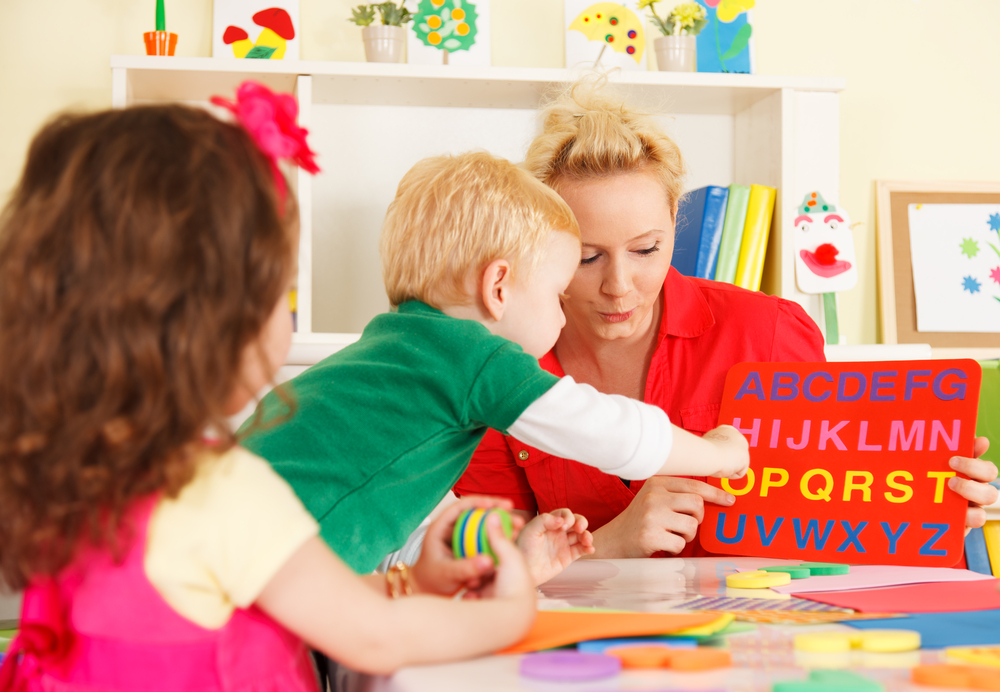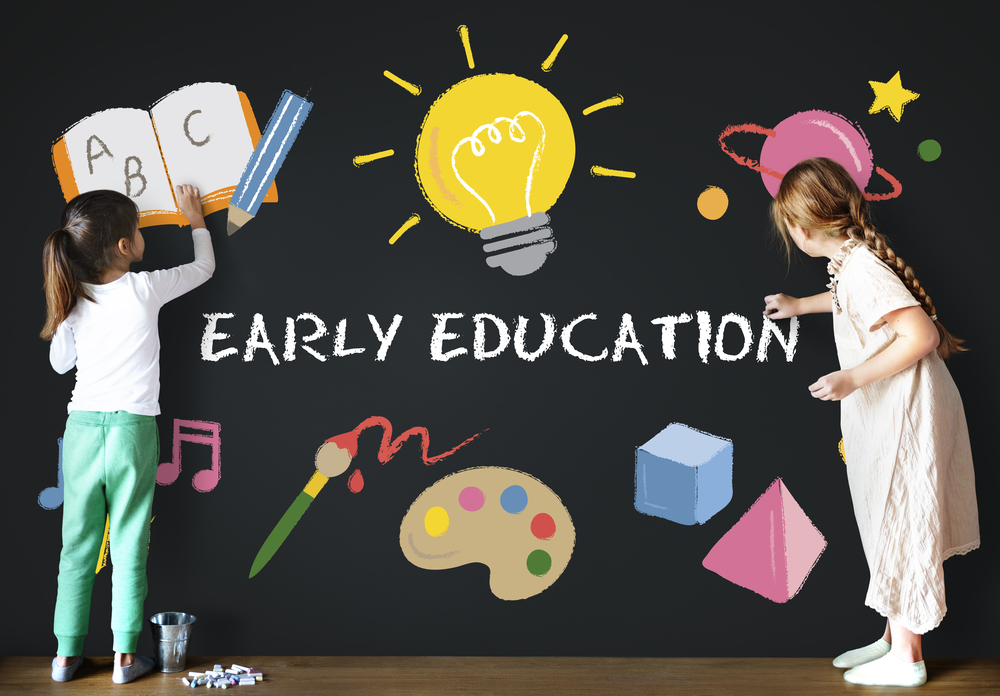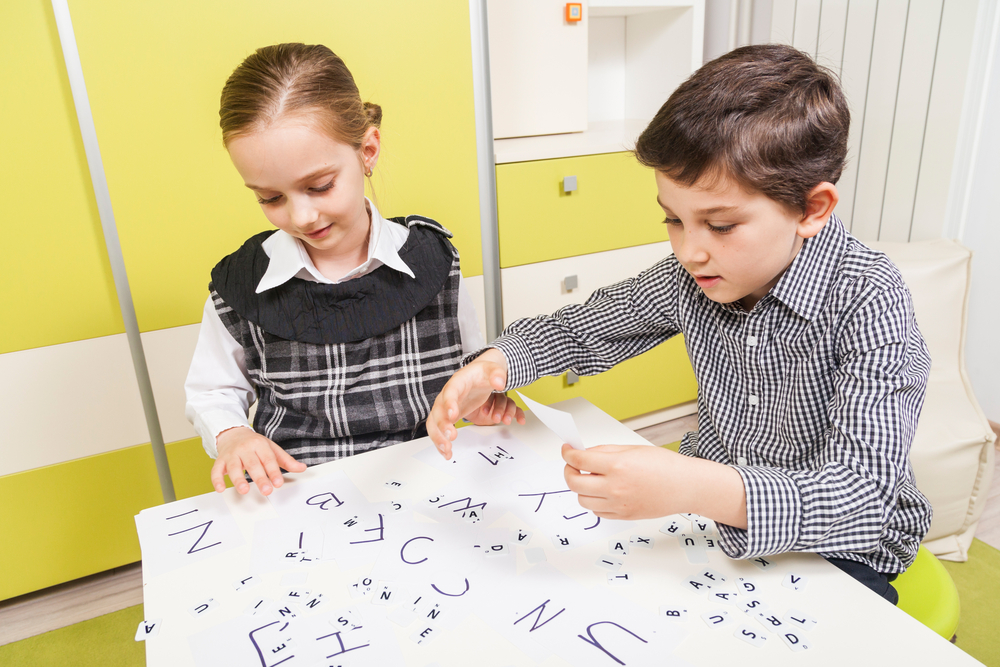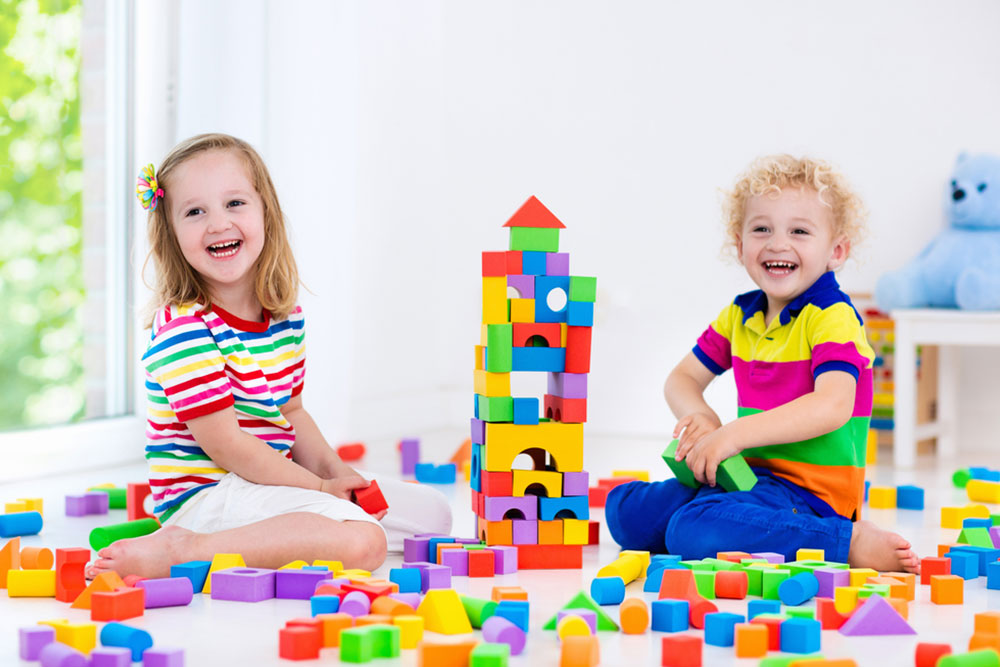Comprehensive Guide to Diverse Early Childhood Education Programs for Optimal Child Development
Discover a comprehensive overview of the leading early childhood education programs, including Montessori, Waldorf, Reggio Emilia, HighScope, and parent co-op models. Learn about their core philosophies, benefits, and how to choose the best fit for your child's development during these formative years. This guide offers valuable insights for parents seeking an enriching, supportive early learning environment that nurtures curiosity, independence, and creativity.

Comprehensive Guide to Diverse Early Childhood Education Programs for Optimal Child Development
Early childhood education sets the foundation for a child's future learning, development, and social skills. Over the years, educators and child development experts have designed a variety of preschool models, each with unique philosophies, teaching methods, and objectives. These programs aim to nurture different aspects of a child's growth, from cognitive and social skills to emotional resilience and creativity. Choosing the right early childhood education program is crucial for parents who want to ensure their children receive a supportive and enriching environment during these formative years.
In this detailed guide, we explore the most recognized types of early childhood education programs, providing insights into their core principles, teaching strategies, benefits, and suitability for different children. By understanding the distinctions among these programs, parents can make informed decisions tailored to their child's needs and their educational values.
Montessori Method
The Montessori approach, developed by Dr. Maria Montessori in the early 20th century, has become one of the most popular and respected early childhood education models worldwide. It requires educators to undergo specialized Montessori training to fully grasp its philosophy and teaching techniques. The core of the Montessori method is fostering independence, curiosity, and respect for a child's natural psychological development.
This program emphasizes creating a prepared environment with carefully arranged educational materials that encourage self-directed learning. Children are free to choose activities that interest them, promoting intrinsic motivation and engagement. The Montessori classroom is designed to nurture creativity, practical life skills, and academic fundamentals in a gentle, non-coercive manner. It emphasizes real-world skills like cleaning, pouring, and sorting, which develop fine motor skills and a sense of responsibility.
Parents who prefer a child-led, exploratory approach will find Montessori appealing. The focus on holistic development supports emotional intelligence and cognitive growth while honoring each child's unique pace and interests.
Waldorf Education
Inspired by the pioneering work of Rudolf Steiner, Waldorf education emphasizes nurturing the child's entire being — physical, emotional, and spiritual. It advocates for a holistic approach that integrates arts, crafts, music, movement, and storytelling into daily learning activities.
The Waldorf philosophy values the development of imagination, moral sensibility, and a strong connection to nature. Classrooms are often warm, inviting, and designed to stimulate creativity and a sense of wonder. Teachers often incorporate storytelling, handwork, and outdoor play, emphasizing experiential learning that aligns with the child's natural developmental stages.
This approach is ideal for parents seeking to foster their child's innate talents, emotional well-being, and imaginative capacities. It also emphasizes the importance of play and personal interests, making it suitable for children who thrive in a nurturing, arts-rich environment.
Reggio Emilia Philosophy
Originating in Italy during the 1940s, the Reggio Emilia approach emphasizes children's self-expression, social collaboration, and community involvement. It is based on the belief that children are capable, resourceful, and competent learners who actively construct their knowledge through exploration and interaction.
This program places a strong emphasis on project-based learning, arts, and outdoor activities, with minimal formal instruction. Teachers act as facilitators, observing and guiding children's interests and ideas to develop deep, meaningful learning experiences. The environment is considered the 'third teacher,' thoughtfully designed to inspire curiosity and exploration.
Reggio Emilia encourages parents and community members to participate actively in the child's learning journey, fostering a collaborative spirit. It is especially suitable for families committed to child-centered education and community engagement.
HighScope Method
The HighScope curriculum was developed based on extensive research into child development. It emphasizes active participatory learning, where children construct their understanding through hands-on experiences within a well-structured routine. The program combines adult-guided and child-initiated activities to develop skills in literacy, mathematics, science, and social-emotional areas.
Key features include a consistent daily routine, 'Plan-Do-Review' cycles, and an emphasis on problem-solving and critical thinking. Teachers serve as guides, supporting children’s independence and cooperative learning while providing scaffolding as needed. This method offers a balanced approach that caters to diverse learning styles and developmental needs.
HighScope is suitable for children who thrive with structured activities that promote self-regulation, collaboration, and academic skills, making it a favorite among evidence-based early education programs.
Parent Co-Operative Programs
For families eager to be actively involved in their child's early education, Parent Co-Operative Programs provide a powerful, engaging experience. These programs operate on the principle that parental involvement enhances learning outcomes and social skills development.
In these models, parents participate directly in classroom activities, planning, and decision-making alongside trained educators. This collaborative approach fosters a strong parent-school relationship and creates a community of learners. Children benefit from consistent, involved caregivers and a tailored environment that reflects their family's values and expectations.
Such programs often emphasize social skills, cooperation, and mutual respect, helping children develop confidence and a sense of belonging. They are particularly suitable for parents who wish to actively contribute to their child's early learning journey and are capable of dedicating time and effort into classroom participation.
Choosing the right early childhood education program depends on various factors, including the child's personality, learning style, and developmental needs, as well as the family's educational philosophy and availability of parental involvement.
These five diverse preschool models—Montessori, Waldorf, Reggio Emilia, HighScope, and Parent Co-Operative—offer rich options tailored to different educational philosophies and child development goals. Each approach provides unique pathways to foster curiosity, creativity, independence, and foundational skills during the crucial early years.
Parents should consider visiting multiple programs, observing classrooms, and discussing their child's needs with educators to select the best fit. Investing in quality early childhood education sets the stage for lifelong learning, social competence, and emotional resilience.





